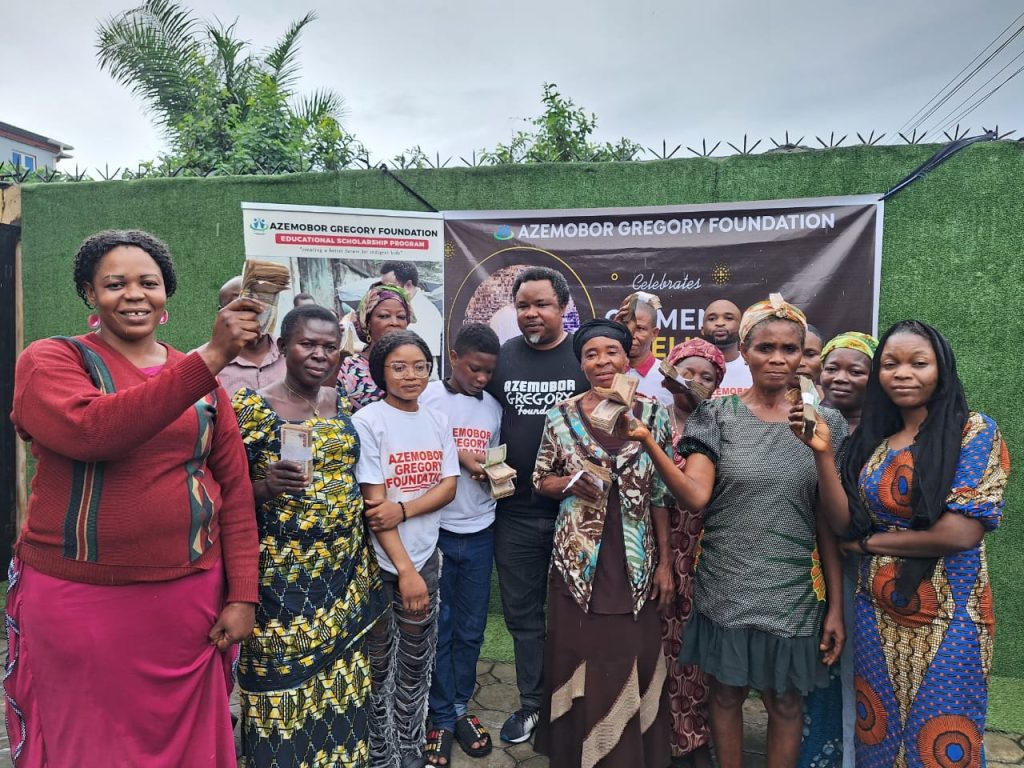Introduction:
Widowhood, though a natural part of life, often brings with it a myriad of challenges, particularly for women. In many societies, widows face not only the loss of a spouse but also economic hardship, social stigma, legal obstacles, and health struggles. Empowering widows is not just a matter of justice; it is a crucial step towards creating more equitable and inclusive communities. This article delves into the multifaceted reasons why empowering widows is vital for societal progress and offers insights into how various initiatives can support them in reclaiming their independence and dignity.
Economic Independence:
One of the most pressing issues widows face is financial instability. The loss of a spouse can leave them without a primary breadwinner, especially in societies where women have limited access to employment and financial resources. Empowering widows economically is paramount to breaking this cycle of poverty. By providing them with education, skills training, and access to credit, we can enable them to generate income and support themselves and their families. This not only improves their own well-being but also contributes to the overall economic development of communities.
Social Support:
Widows often find themselves isolated and marginalized following the death of their spouse. In many cultures, widows face discrimination and stigma, further exacerbating their sense of loneliness and exclusion. Empowering widows involves creating robust social support networks that offer them companionship, counseling services, and opportunities for community involvement. By fostering a sense of belonging and solidarity, we can help widows rebuild their social connections and regain their confidence and self-worth.
Legal Rights:
The legal challenges widows encounter can be daunting, particularly in areas related to inheritance rights, property ownership, and access to resources. Empowering widows requires advocating for their legal rights and ensuring they have the knowledge and resources to navigate legal systems effectively. This may involve implementing legislative reforms to protect widows’ rights and providing them with legal assistance and education. By addressing legal barriers, we can empower widows to assert their rights and claim what is rightfully theirs.
Health and Well-being:
The emotional toll of losing a spouse can have profound effects on widows’ health and well-being. Additionally, limited access to healthcare services can further exacerbate their struggles. Empowering widows includes ensuring they have access to comprehensive healthcare and mental health support to address their physical and emotional needs. By prioritizing their health and well-being, we can help widows cope with grief and trauma and lead fulfilling lives despite their loss.
Education and Empowerment:
Education is a powerful tool for empowering widows in breaking the cycle of poverty. By providing widows with access to education and vocational training, we can equip them with the skills and knowledge needed to pursue opportunities for personal and professional growth. Education not only enhances widows’ employability but also boosts their self-confidence and decision-making abilities, enabling them to take control of their lives and shape their own destinies.
Role Models for Children:
Empowered widows serve as role models for their children, demonstrating resilience, determination, and the importance of pursuing education and economic independence. By witnessing their mothers’ strength and perseverance, children learn valuable life lessons that shape their own attitudes and behaviors. Empowering widows not only improves their own lives but also creates positive ripple effects within families and communities, fostering a culture of empowerment and self-reliance.
Conclusion:
Empowering widows is not just a moral imperative; it is essential for promoting gender equality, reducing poverty, and building more inclusive and resilient societies. By addressing the economic, social, legal, and health-related challenges faced by widows, we can create environments where they can thrive and contribute meaningfully to their communities. It requires a concerted effort from governments, civil society organizations, and the international community to implement policies and programs that support widows’ empowerment and uphold their rights. Only by recognizing and valuing the contributions of widows can we truly achieve justice and equality for all.
Dr. Azemobor Gregory.
Founder/President
Azemobor Gregory Foundation.

